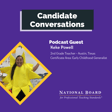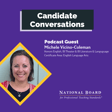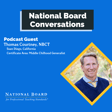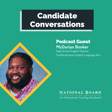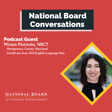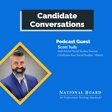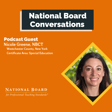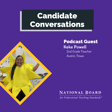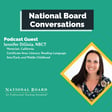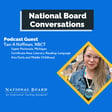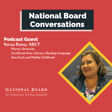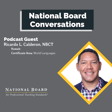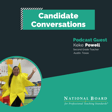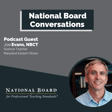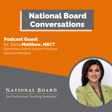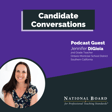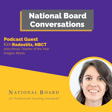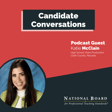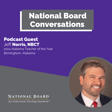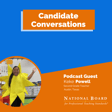
Toni Dixon-McFarland - Educator, Author, and Double Dutch Dynamo
Join us for an inspiring conversation with Toni Dixon-McFarland, a National Board Certified Teacher, published author, and 40+ Double Dutch Club member. Toni's diverse experiences and unwavering commitment to education and community service make her a true trailblazer.
In this episode, we'll explore Toni's journey from her early work in child development to her current roles as an educator, life coach, and creative writer. Toni will share insights on the critical skills needed for effective teaching today and discuss the benefits and impact of her National Board Certification.
We'll also explore Toni's literary pursuits, including the inspiration behind her debut novel, "Dead Confused," and the upcoming "Kuriously Krazy." Of course, we can't miss the chance to learn about Toni's involvement in the 40+ Double Dutch Club and how this unique activity fuels her passions.
This episode is a must-listen for anyone interested in education, personal growth, and the power of pursuing multiple passions.
Books Mentioned:
- "Dead Confused" by Toni Dixon-McFarland: [Amazon]
- "Kuriously Krazy" by Toni Dixon-McFarland: [Amazon]
Connect with Toni:
- Instagram: @7goldbutterflies
Learn more about National Board Certification:
